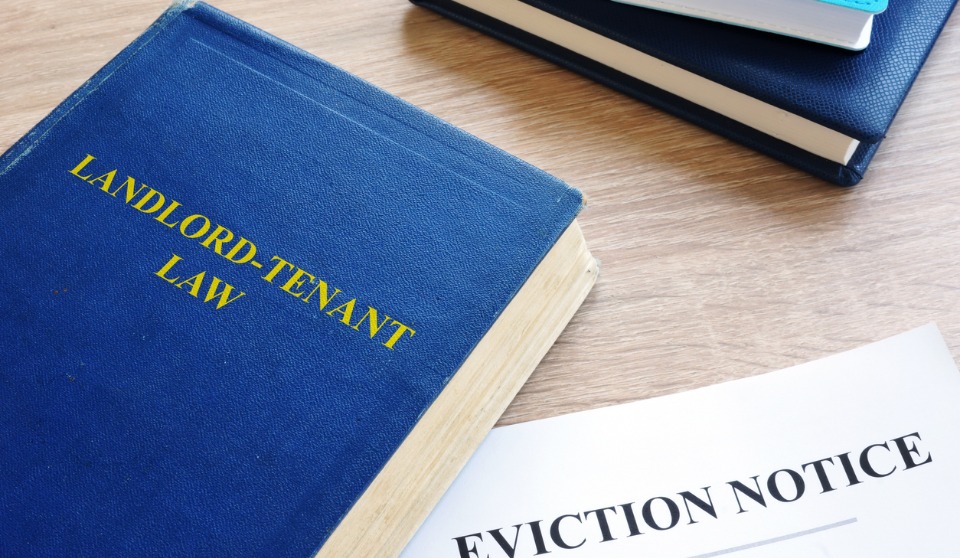
Less than 3 per cent of tenants had representation, while almost 80 per cent of landlords were represented

Over half of tenants subject to eviction proceedings fail to attend their hearings, said the Advocacy Centre for Tenants Ontario in a recent report.
Theoretically, both landlords and tenants are given the opportunity to argue the respective merits of their case before the Landlord and Tenant Board, according to an assessment released on Nov. 22 by ACTO, a report titled “We Can’t Wait.”
But in reality, ACTO estimates that 58 per cent of tenants who receive an eviction notice fail to attend their hearings. In case of non-appearance by the tenant, the landlord’s application for eviction will be granted, subject to limited exceptions.
The reasons for non-appearance by tenants range from an inability to take time off work to a lack of access to childcare services, while in other instances, tenants simply decide to move out without arguing the merits of their case before the LTB.
ACTO then observed that less than 3 per cent of tenants who did attend their eviction hearings had the representation of either a lawyer, a paralegal, or a property manager, while almost 80 per cent of landlords were represented.
ACTO also called attention to the typical length of LTB proceedings. The average number of days between the date of filing an application for eviction and the date of the hearing varies across cities, ranging from 29.2 days in Hamilton to 80 days in Southern Toronto. Delays in hearings have been attributed to the government’s inability to promptly appoint adjudicators to open positions.
ACTO also noted that the average rent arrears in cases at the LTB was lower than $3,000, or equivalent to two months and nine days of unpaid rent in Toronto. According to ACTO, this financial cost is relatively low compared with the individual and social cost of eviction, and could be addressed once the government adequately invests in eviction-prevention programs.
All in all, the data shows an increase in the number of sheriff’s notices for eviction given to tenants. ACTO assessed six cities across Ontario to make these findings: Thunder Bay, Sarnia, Ottawa, Hamilton, Belleville, and Northern and Southern Ontario.
Significantly, based on the data gathered by ACTO, access to affordable housing in Ontario has considerably worsened over the past decade or so. According to the report, average rents in Ontario have rapidly increased, while the supply of affordable housing units has decreased. The number of no-fault evictions has also risen.
Since 2006, there has been an 87-per-cent increase in units that rent for a price range of $1,000 to $1,500, as well as a 36-per-cent increase in luxury rental units that rent for prices above $1,500. On the other hand, there has been a 26-per-cent decrease in units that rent for prices lower than $1000 for a 1-bedroom unit.
The housing situation in Toronto is even more dire. Since 2006, there has been a 51-per-cent increase in units that rent for a price range of $1,000 to $1,500, as well as a whopping 323-per-cent increase in luxury rental units that rent for prices above $1,500, with a 36-per-cent decline in units that rent for prices lower than $1000 for a 1-bedroom unit.
In addition to these already bleak statistics, the report goes on to say that income inequality has only increased over the past four decades, with income gains being largely restricted to the richest 20 per cent of the provincial population.
ACTO attributed these rocketing rents as a consequence of the trend of private developers building more and more condos and luxury rentals to maximize profits, as well as the vacancy decontrol policy, which permits landlords in cities with low vacancy rates to drastically raise the rent from the previous tenant to the succeeding one, despite not performing any repairs and renovations.